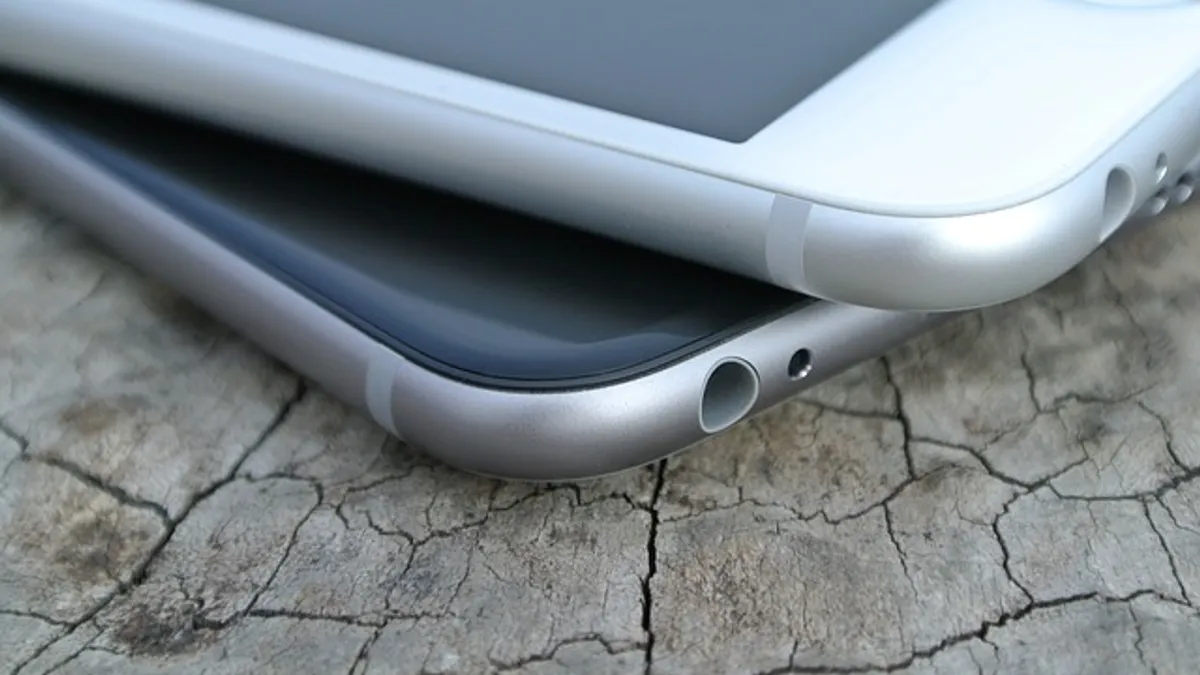Dive Brief:
- Kyle Wiens, CEO of iFixit, is very optimistic about the "Right to Repair" movement's prospects. Wiens said consumers were becoming more interested in having the ability to fix their electronics, or not pay premium prices for a technician to do it, citing the previous success of these efforts in the automotive industry. "We're going to see the same thing with electronics right to repair, and it’s just a question of when," said Wiens during a presentation at the Northeast Recycling Council's fall conference in Amherst, MA.
- According to the Repair Association, bills have been introduced in 12 states during their current legislative sessions. Wiens said he expects that all it would take is a few states passing laws to make the consumer electronics industry adopt the policy nationwide. If that doesn't work, Wiens predicted that a state-level ballot initiative "is going to be inevitable."
- This session also featured a presentation from Greenpeace about why the organization has become increasingly involved in the electronics recycling discussion. Reducing the high amount of energy usage in the sector and pushing for more repairable devices are both high priorities. "We can't actually get there without better design," said Gary Cook, senior IT sector analyst.
Dive Insight:
"Right to repair" can seem like more of a consumer-focused issue, but the concept is in fact supported by the Institute of Scrap Recycling Industries and a growing number of local governments as a way to expand opportunities for e-waste diversion. With access to proper tools and schematics, recyclers can either repair devices for a higher resale value or disassemble them in a way that preserves component parts rather than shredding them. Like any kind of recycling, the time involved is a top expense, and right now many devices just take too long to crack open without damaging them.
The various legal factors involved in all of this are complex. A June Supreme Court decision on the topic was hailed as a victory, but companies still have many ways to limit repair options. Greenpeace highlighted this in a recent recycling policy "report card" for the top brands in consumer electronics, with many household names receiving low marks. Companies such as Apple have pushed back, by saying that they're committed to creating a closed loop supply chain and recycling their products internally through customer take-back programs.
During the NERC presentation, Apple's new iPhone X was raised as an example of ongoing repair flaws. "Apple says that they design things not to break, but I don't think that you do that if you make things out of glass," said Wiens. The highly sought after new device costs around $1,000 at full retail price and $500 for in-store repair.
The panelists did recognize that at least companies such as Apple, Samsung, HP, Dell and others are talking about the issue and making incremental changes. That isn't the case for many manufacturers of low-cost tablets and phones, which play a sizable role in e-waste generation.
Wiens noted that if the big name brands got together in support of a right to repair policy, with built-in recycling standards, that could in fact help shut those smaller companies out of the market. For now, the biggest names in electronics remain opposed to any such legislation, though consumer support appears to be growing. In 2012, Massachusetts voters passed a repair ballot initiative for automobile manufacturers with nearly 88% in favor. If such a question ever makes it to the ballot for electronics, similar results could follow.















